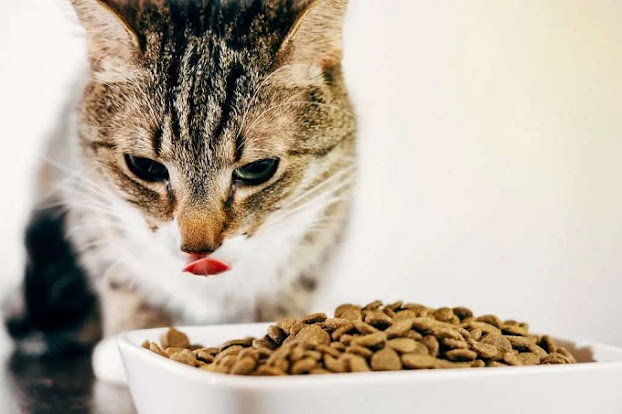Prescription Diet: Tailored Nutrition for Your Pet's Health
As a responsible pet owner, ensuring the well-being of your furry companion is undoubtedly a top priority. Just like humans, pets require a balanced and nutritious diet to thrive and lead a healthy life. While commercial pet foods are readily available, some pets may have unique health conditions that demand a more specialized approach to their nutrition. This is where prescription diets come into play – these specially formulated diets offer tailored nutrition to address specific health issues in pets, promoting optimal health and well-being. In this article, we will delve into the world of prescription diets and explore how they can benefit your beloved pet.
Understanding Prescription Diets
Prescription diets, also known as veterinary or therapeutic diets, are designed by veterinarians to cater to the unique nutritional needs of pets with specific health conditions. These diets are not your typical over-the-counter pet foods; instead, they are formulated to support pets with various medical concerns, such as obesity, allergies, kidney disease, diabetes, urinary tract issues, and more.
Unlike regular pet foods, prescription diets are not generic in nature. Each diet is precisely tailored to suit the individual pet's age, breed, weight, and medical history. This personalized approach ensures that your pet receives the exact nutrients needed to manage or improve their specific health condition.
The Benefits of Prescription Diets
Optimal Nutrition for Health Conditions: Prescription diets are crafted to help manage and improve various health conditions in pets. For instance, pets with kidney disease may require a diet that reduces phosphorus levels, while those with allergies benefit from foods with limited allergenic ingredients. By addressing specific health concerns, these diets contribute to the overall well-being of your pet and can significantly improve their quality of life.
Veterinarian Recommendation: Prescription diets are not available without a veterinarian's recommendation. Before prescribing a particular diet, the veterinarian will conduct a thorough examination and diagnosis of your pet's health condition. This ensures that the chosen diet is appropriate and effective in addressing the specific issue your pet is facing.
High-Quality Ingredients: Prescription diets are formulated with premium, high-quality ingredients that meet stringent standards and regulations. These diets are often backed by extensive research and clinical studies, providing pet owners with the assurance of their efficacy and safety.
Preventive Health Measures: Prescription diets are not only useful for managing existing health conditions but can also serve as preventive measures for certain ailments. For example, diets designed to support joint health can help prevent joint-related problems in aging pets.
Weight Management: Obesity is a prevalent issue among pets, leading to various health problems. Prescription diets tailored for weight management help pets shed excess pounds in a controlled manner, reducing the risk of obesity-related complications and promoting a healthier lifestyle.
Improved Digestion: Pets with sensitive stomachs or digestive issues can benefit from prescription diets with easily digestible ingredients. These diets aid in better nutrient absorption and minimize gastrointestinal discomfort, leading to a happier and more comfortable pet.
Choosing the Right Prescription Diet
When it comes to selecting a prescription diet for your pet, it's crucial to consult your veterinarian. They will carefully assess your pet's health condition and nutritional requirements before recommending the most suitable diet. It's essential to follow your veterinarian's guidance regarding the proper feeding schedule, portion sizes, and any additional dietary supplements that may be required.
It's important to remember that prescription diets are not a one-size-fits-all solution. Each pet is unique, and their health requirements may vary. Thus, it's crucial to avoid self-diagnosing or attempting to prescribe a specific diet without proper professional guidance.




Comments
Post a Comment